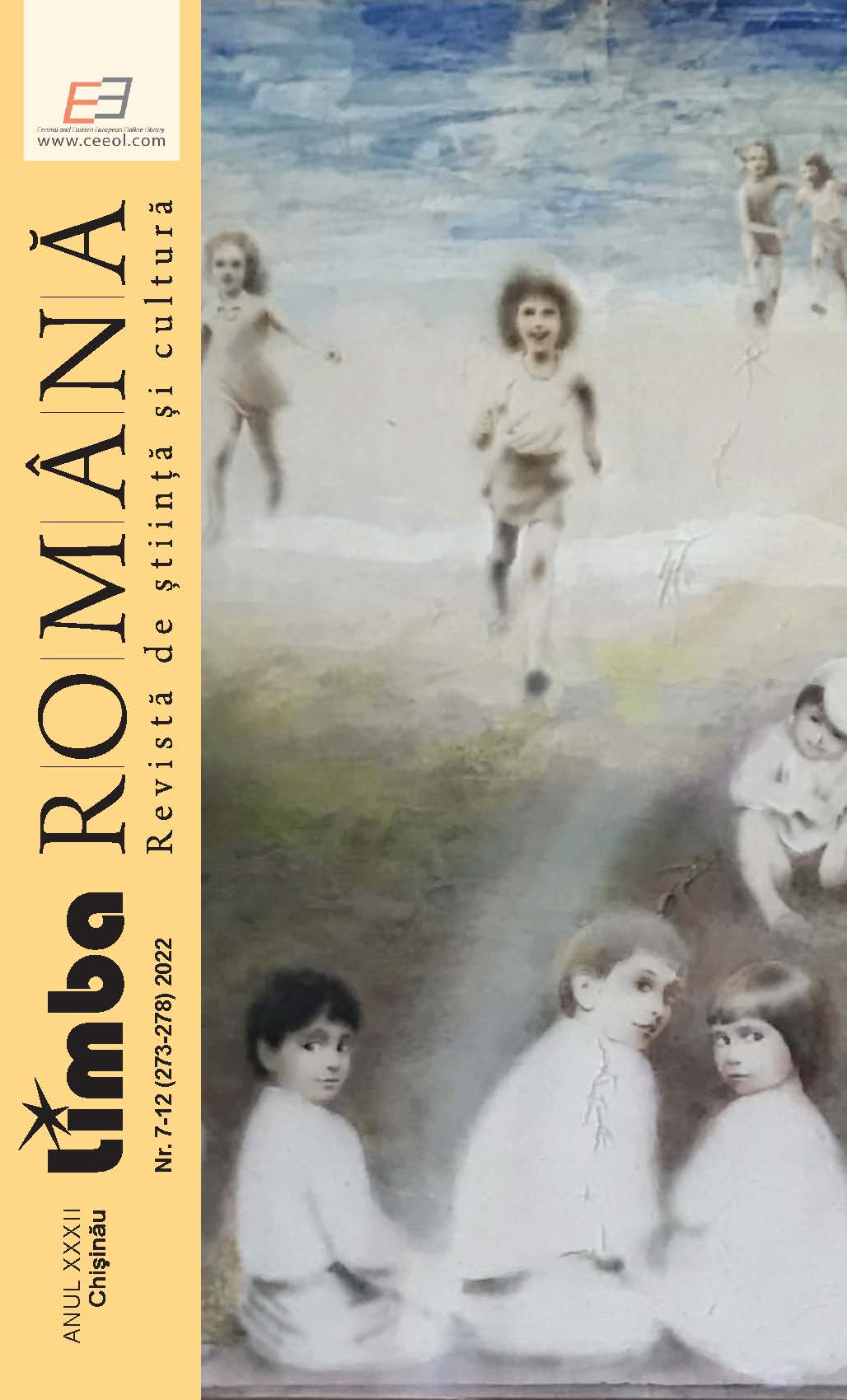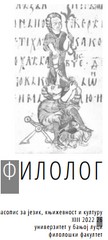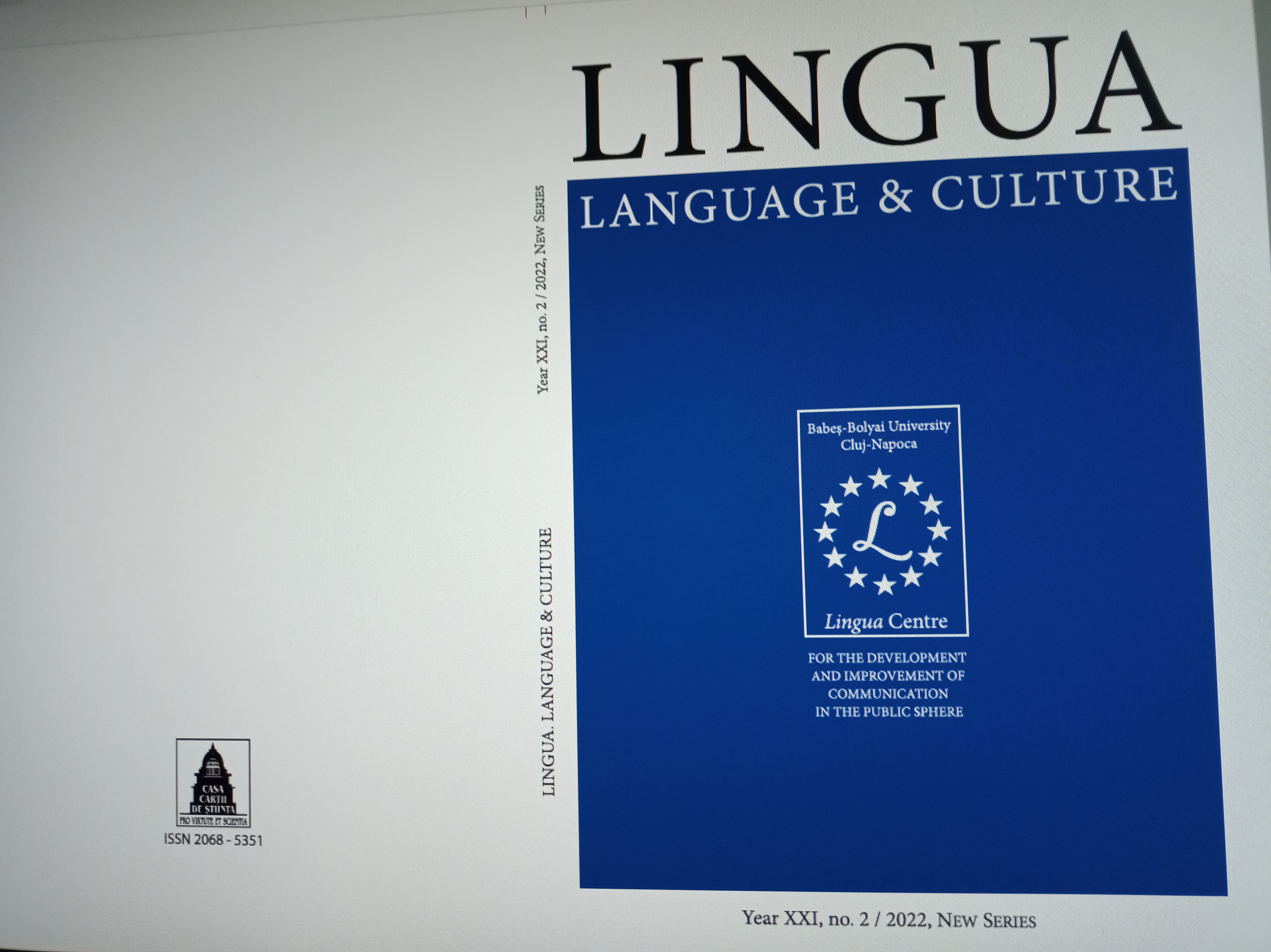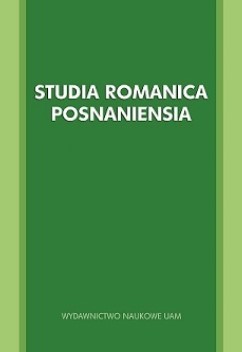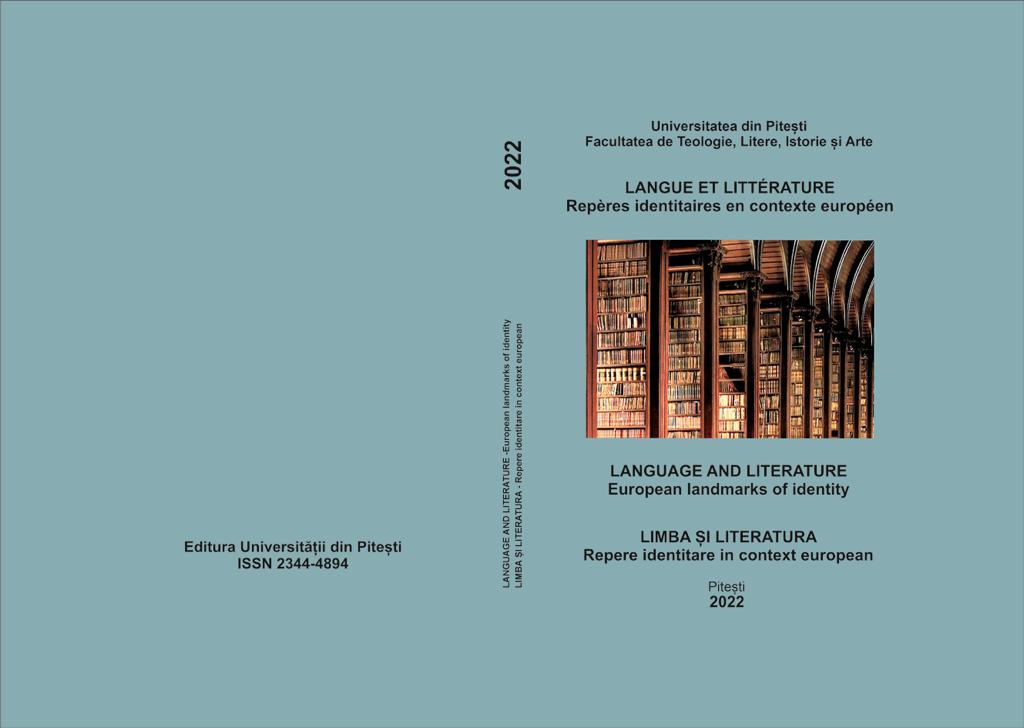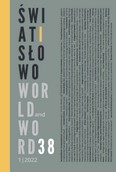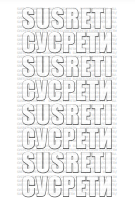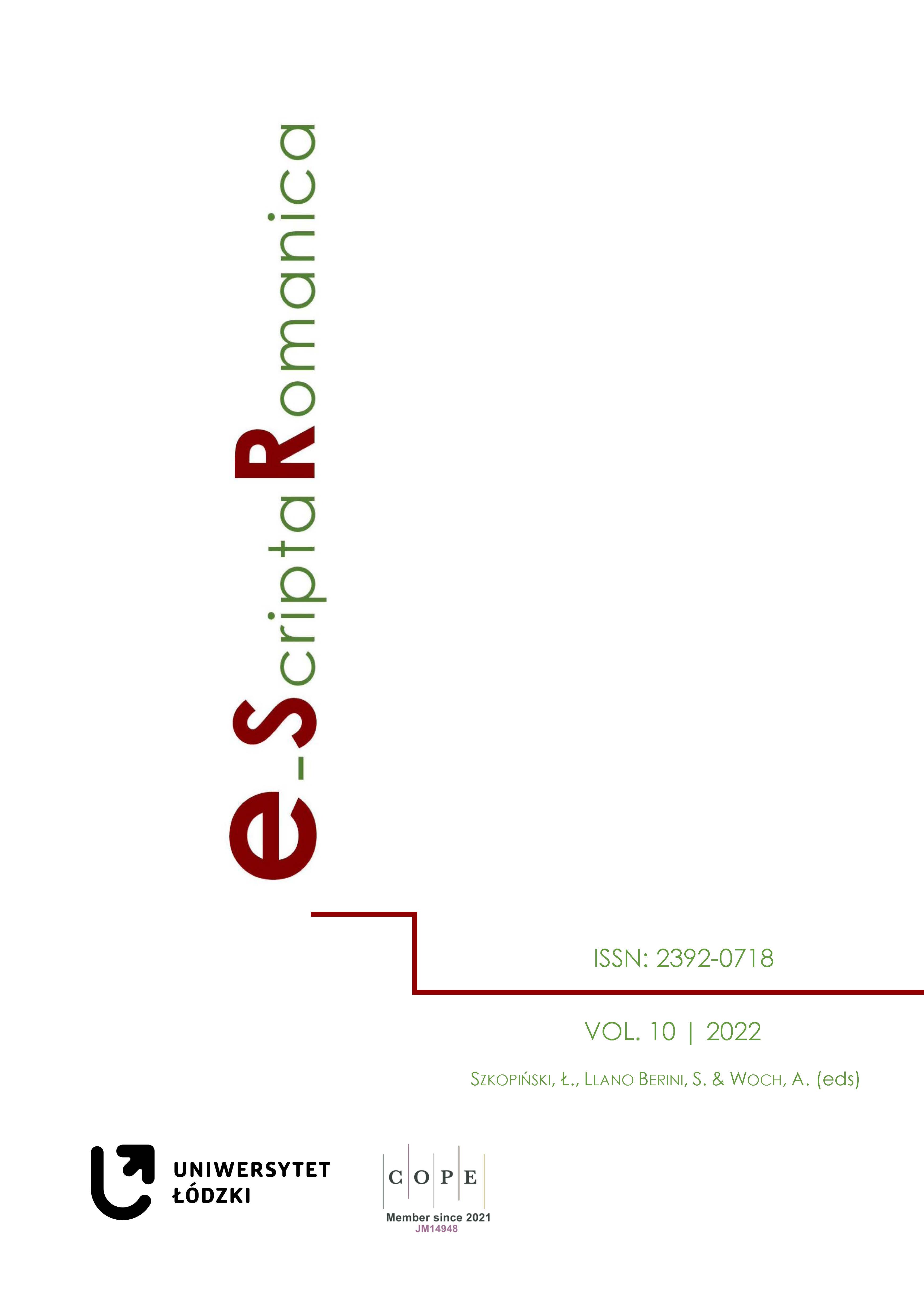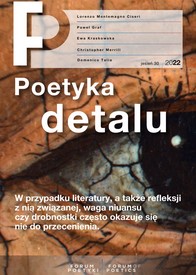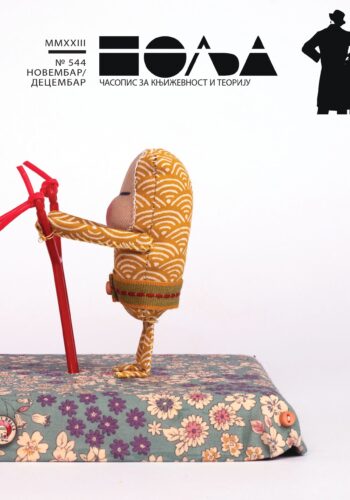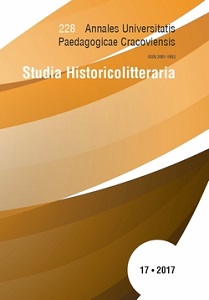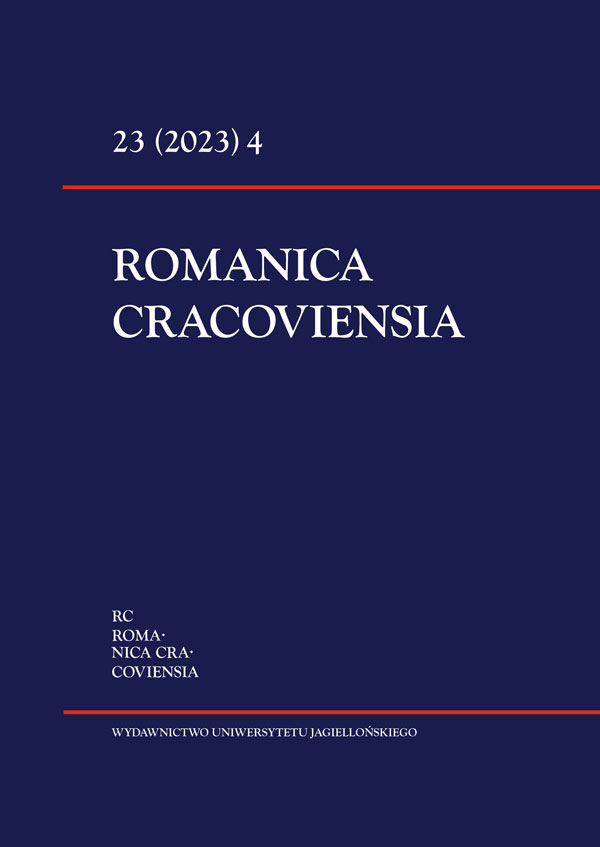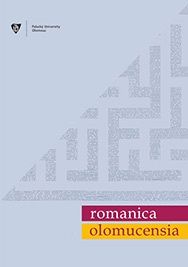
Il ‘narrautore’ dell’ultimo Pier Paolo Pasolini
Starting from the Divine Mimesis, published posthumously but started in 1963, Pasolini seeks a different approach to literature, rejecting the conventional value of the narrator to seek a more direct contact between author and reader. As also emerges in Teorema but especially in Petrolio, Pasolini’s authorship assumes the characteristics of a “flesh-andblood narrator”, which does not limit itself to proposing a “narrative machine that works alone in the reader’s imagination” but becomes a concrete point of reference for a real dialogue. Given the abundance of Pasolinian materials, on the basis of that “knowledge for quotations” dear to Benjamin, a great effort is made to let the author be the main voice, with the critical contribution being relegated to the commentary on the passages that are quoted. An analysis of Pasolini’s final narrative works reveals a clear desire to renew his narrative style not so much in an aesthetic, but rather in an ethical way: Pasolini does indeed abandon the socio-cultural mimesis of free indirect discourse, which was typical of his previous work, to give greater depth to the figure of the self, who, while posing as a narrator, does not cease to be Pier Paolo Pasolini himself. The path traced by Pasolini, substantially anti-experimental and anti-poetic, does not seem to have had many supporters even if it certainly brought its message to the provocative and communicative vertices of the last years of his life. The Italian writers, if anything, have been appended to the Calvinian style, so elegant and pleasant, and yet abstract and fleeing reality. Perhaps only Saviano has been able to re-propose, at least in Gomorra, the Pasolinian “narrator in the flesh”.
More...
